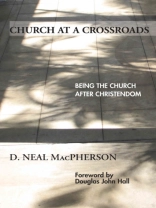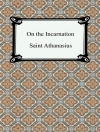Facing the uncertainty of their present life and ministry, the American and Canadian churches of mainline Protestantism are, for the most part, responding in one of two ways. Some are simply choosing to ignore the process of their disestablishment. They continue to carry on with their church life as though nothing were happening, as though they were still occupying a place at the center of society. Others, knowing that they are being moved to the periphery of social and political life, are seeking to regain their past power and influence by adopting one or another program of church growth, many of which are being promoted by the newly emerging megachurches of the Christian right.
Based upon the history and experience of a particular congregation, Church of the Crossroads in Honolulu, Hawaii, this book suggests a third option for the churches of mainline Protestantism: to embrace their ongoing disestablishment and to see it not as a burden or as something to be either ignored or reversed, but as an opportunity to envision a new way of being in the world.
Circa l’autore
Douglas John Hall is Emeritus Professor of Christian Theology in the Faculty of Religious Studies of Mc Gill University in Montreal. He is the author of more than twenty-five books, including Lighten Our Darkness (1976, 2001); Why Christian? (1998); God and Human Suffering (1986); The Steward (1990; Wipf & Stock, 2004); and The Messenger (Cascade Books, 2011).He has lectured widely in Canada, the United States, Germany, and Japan, and is the recipient of many honors, including the Distinguished Alumnus Award of Union Theological Seminary, the Joseph Sittler Award for Leadership in Theology, and the Order of Canada.







![Copertina di Brian Schrag & Julisa Rowe: Community Arts for God's Purposes [Chinese] 貼近神心意的社群藝術 Copertina di Brian Schrag & Julisa Rowe: Community Arts for God's Purposes [Chinese] 貼近神心意的社群藝術](https://static.worldofdigitals.com/thumb_webp/740/9781645083740.webp)




